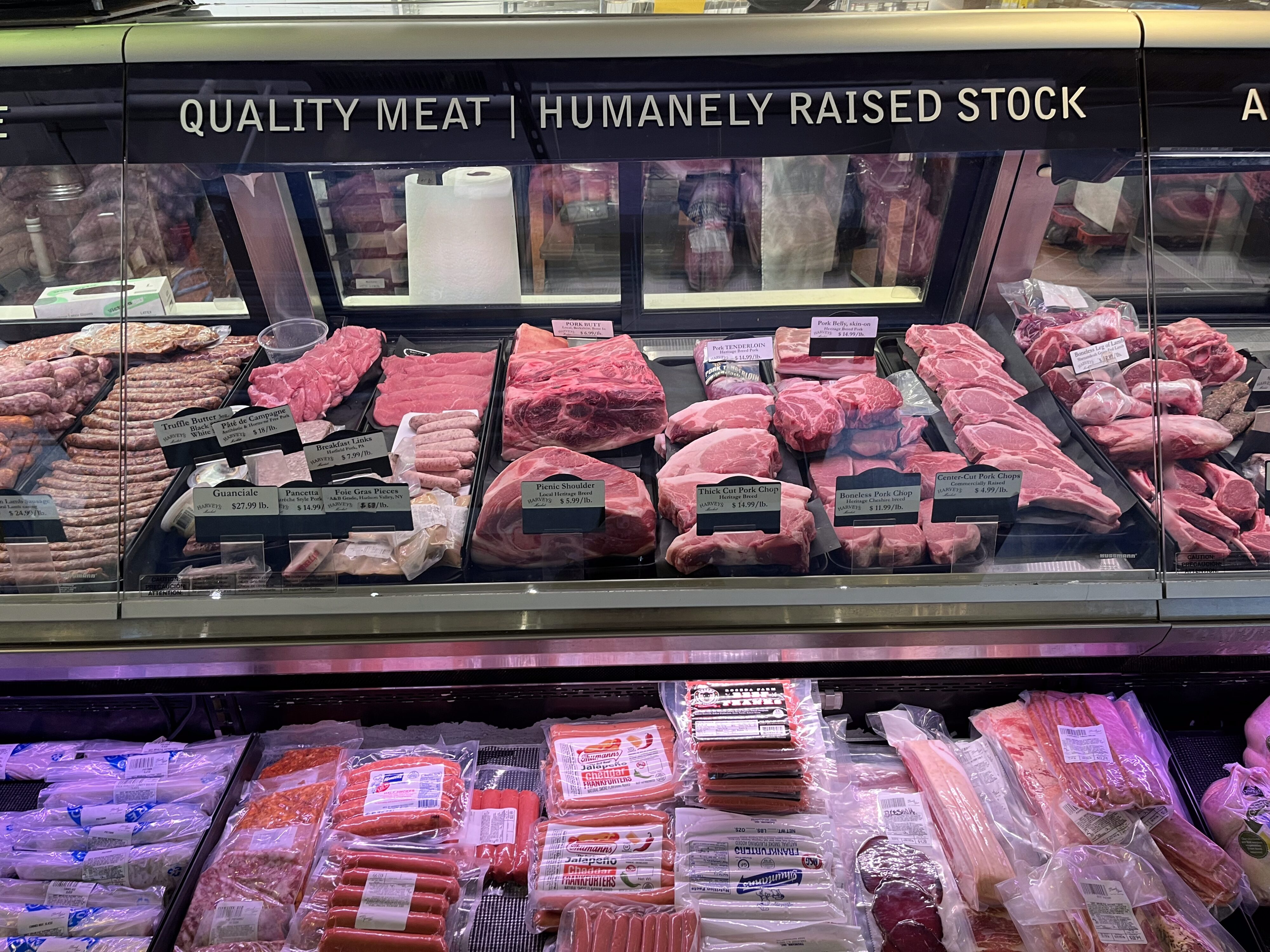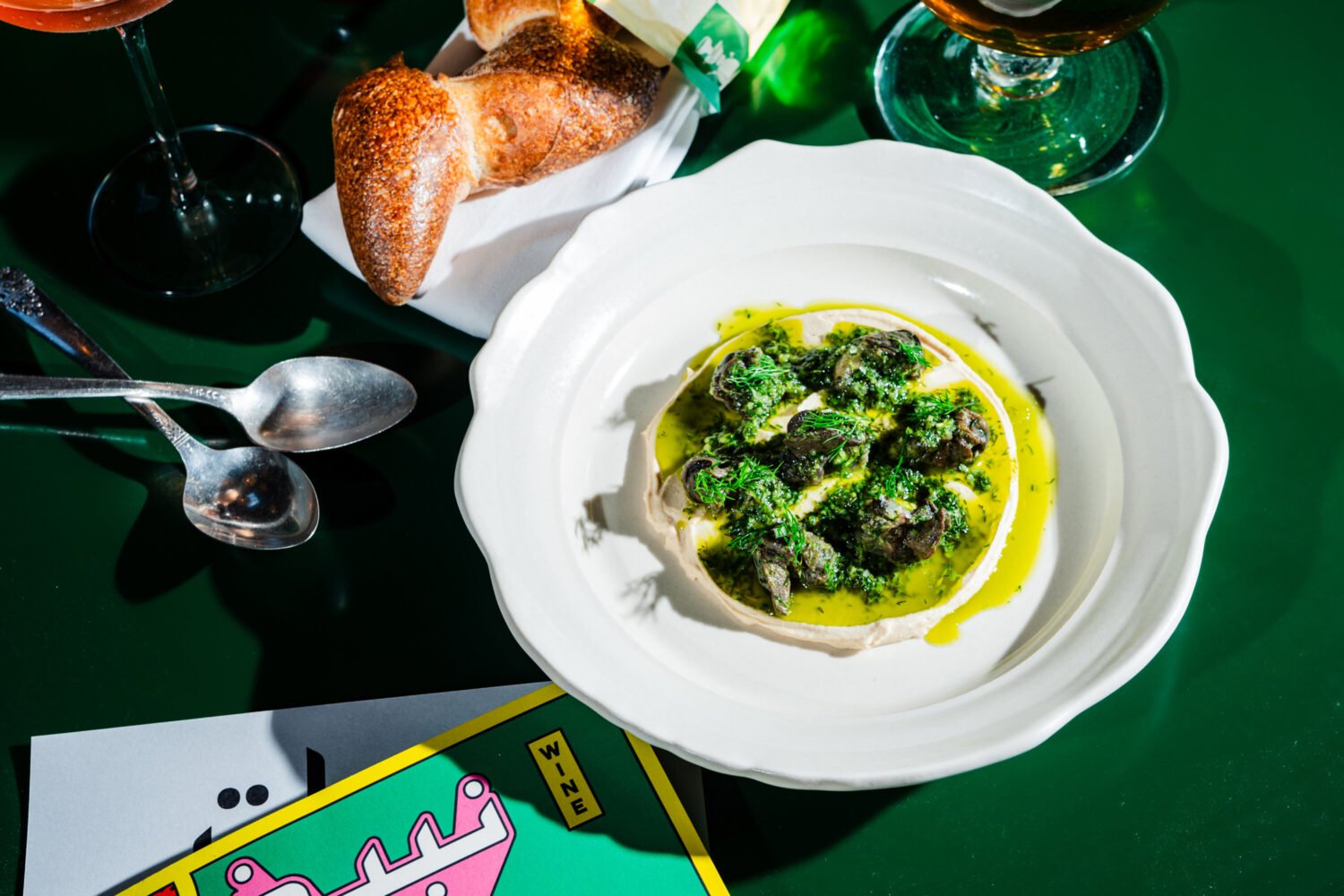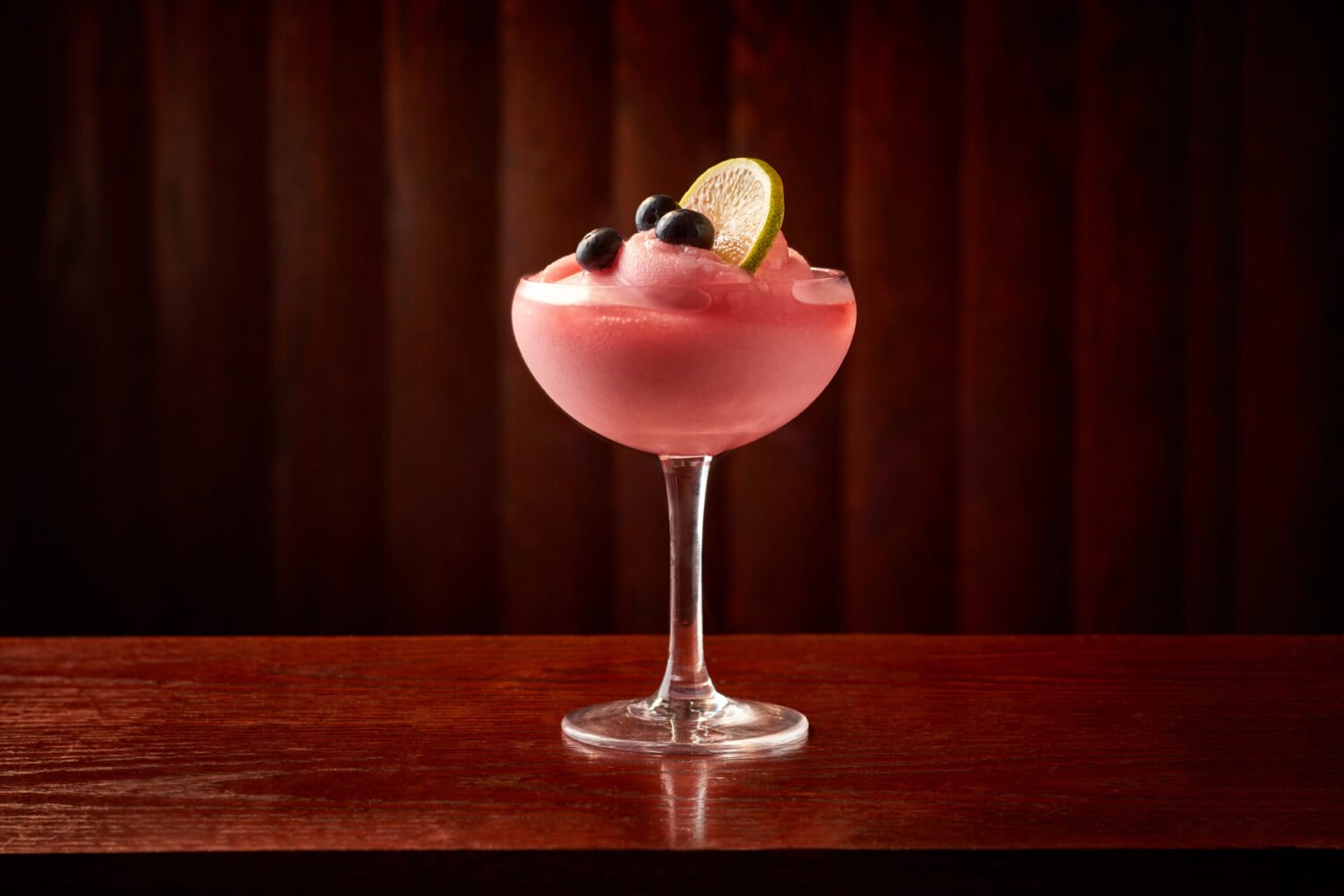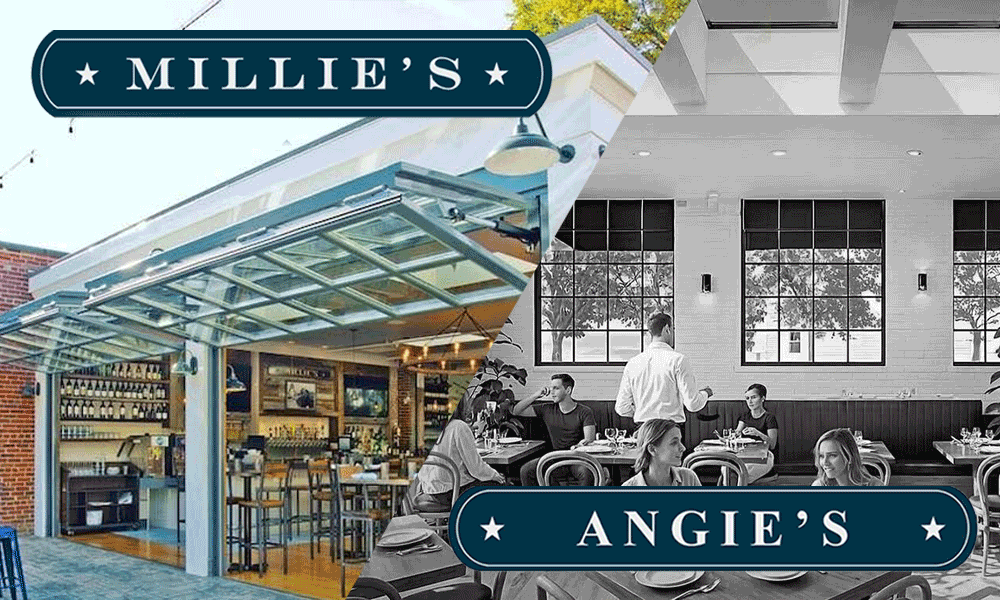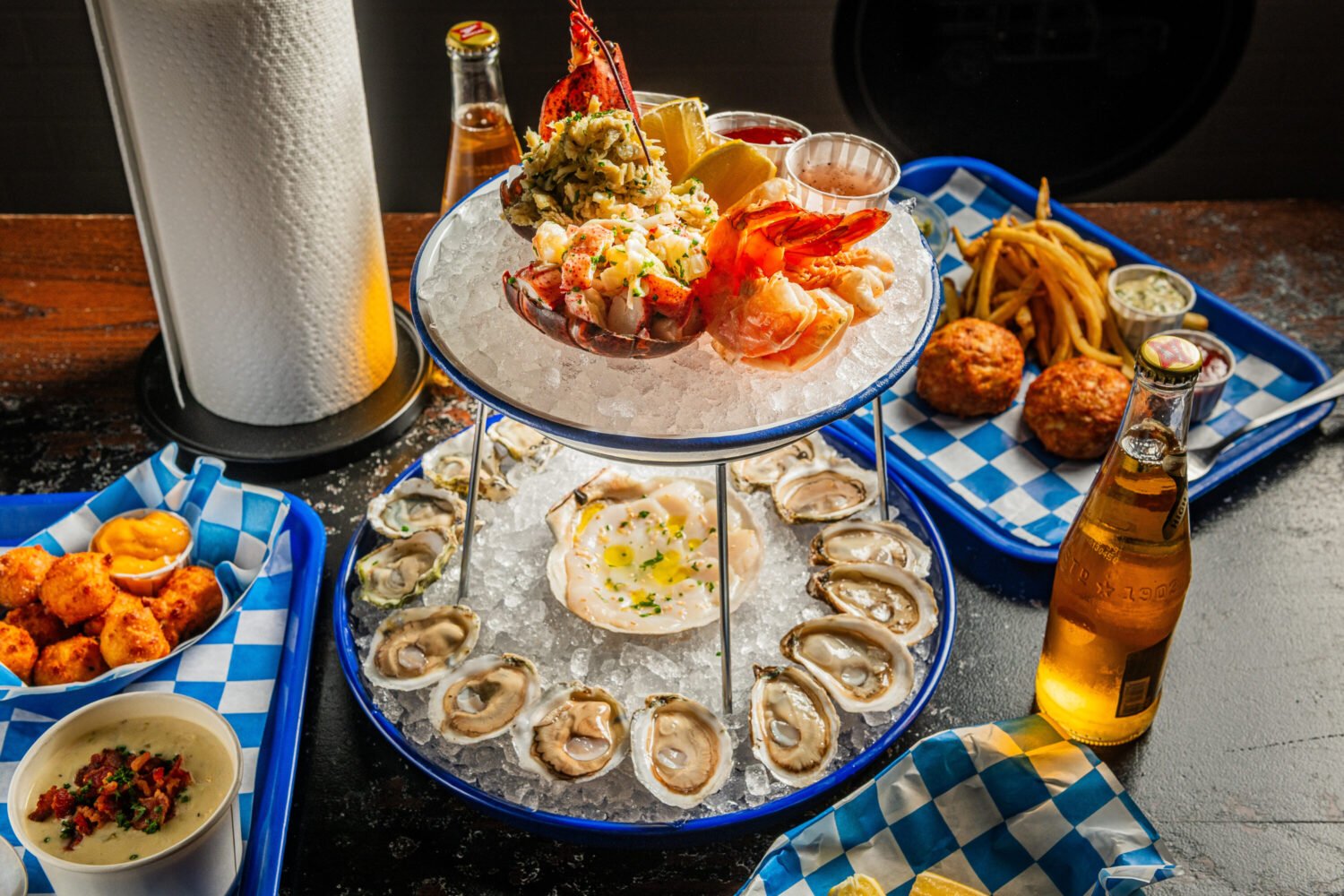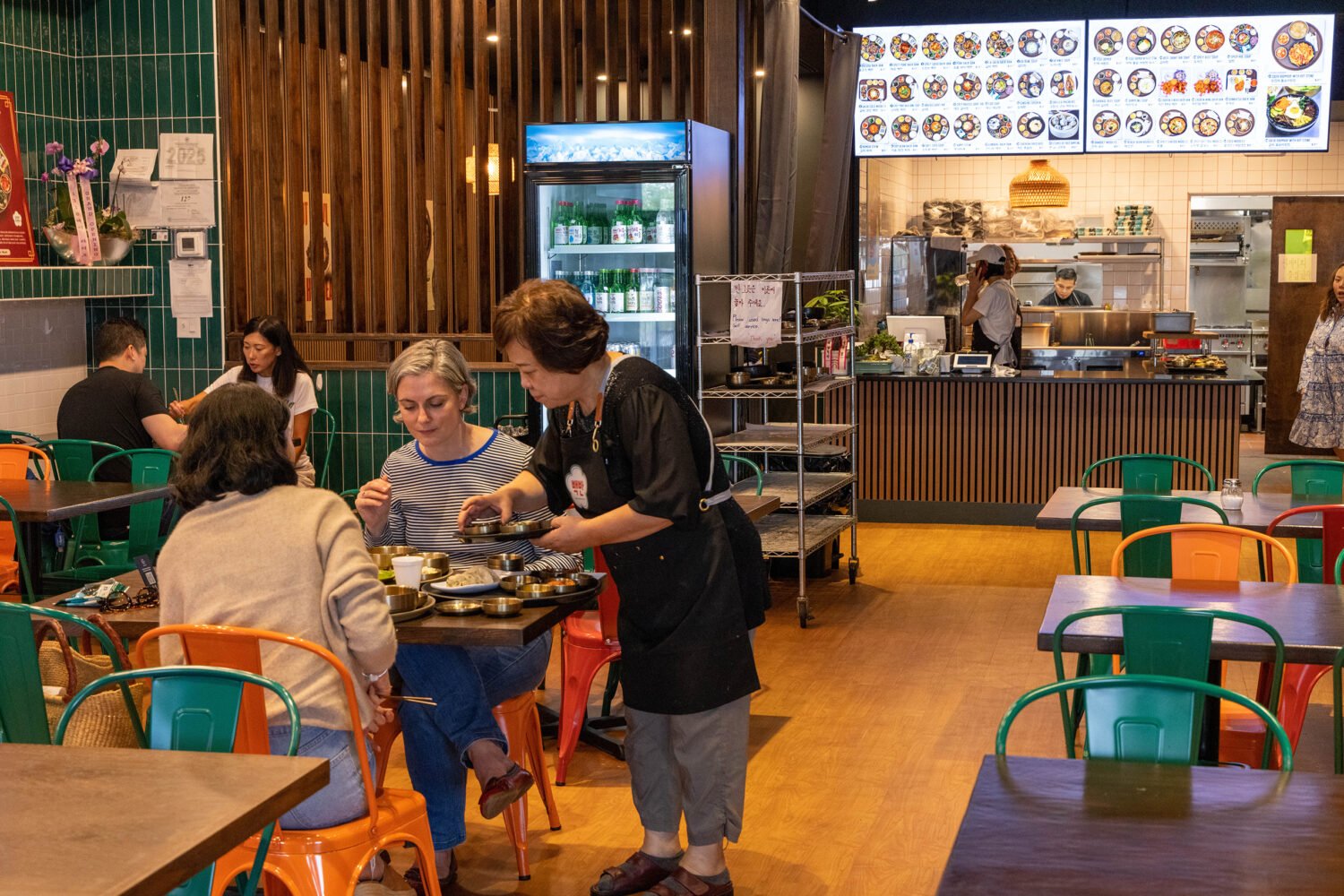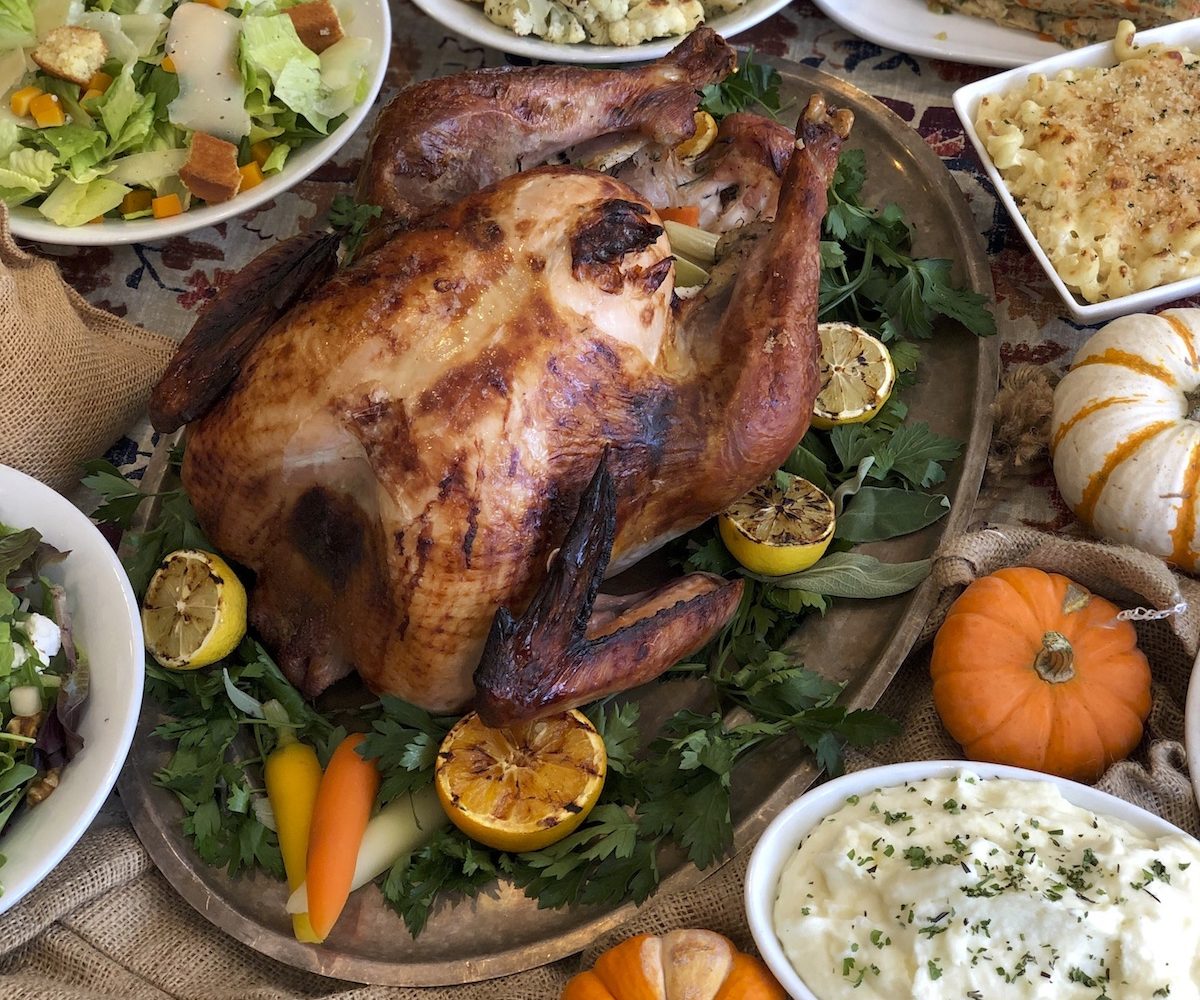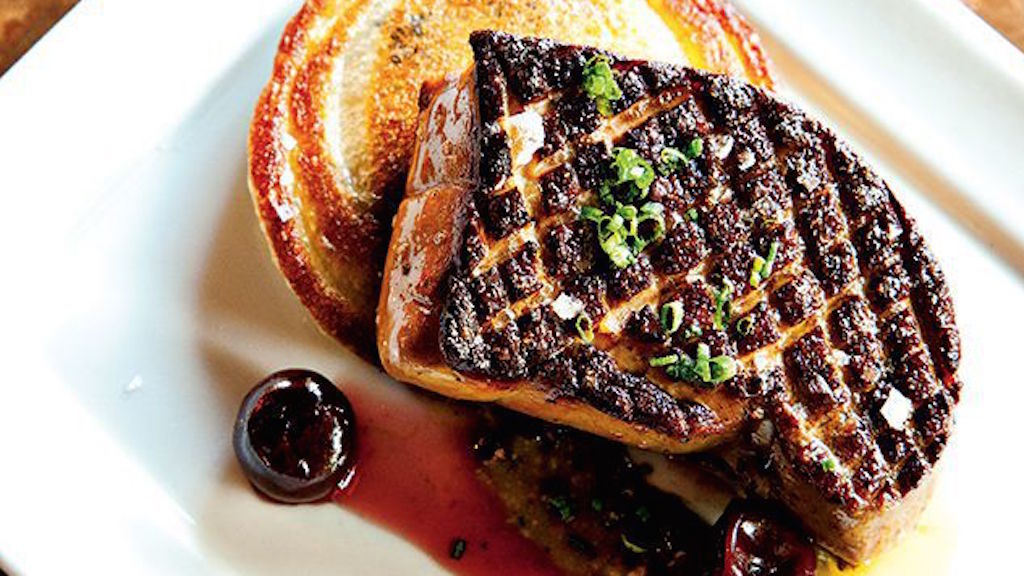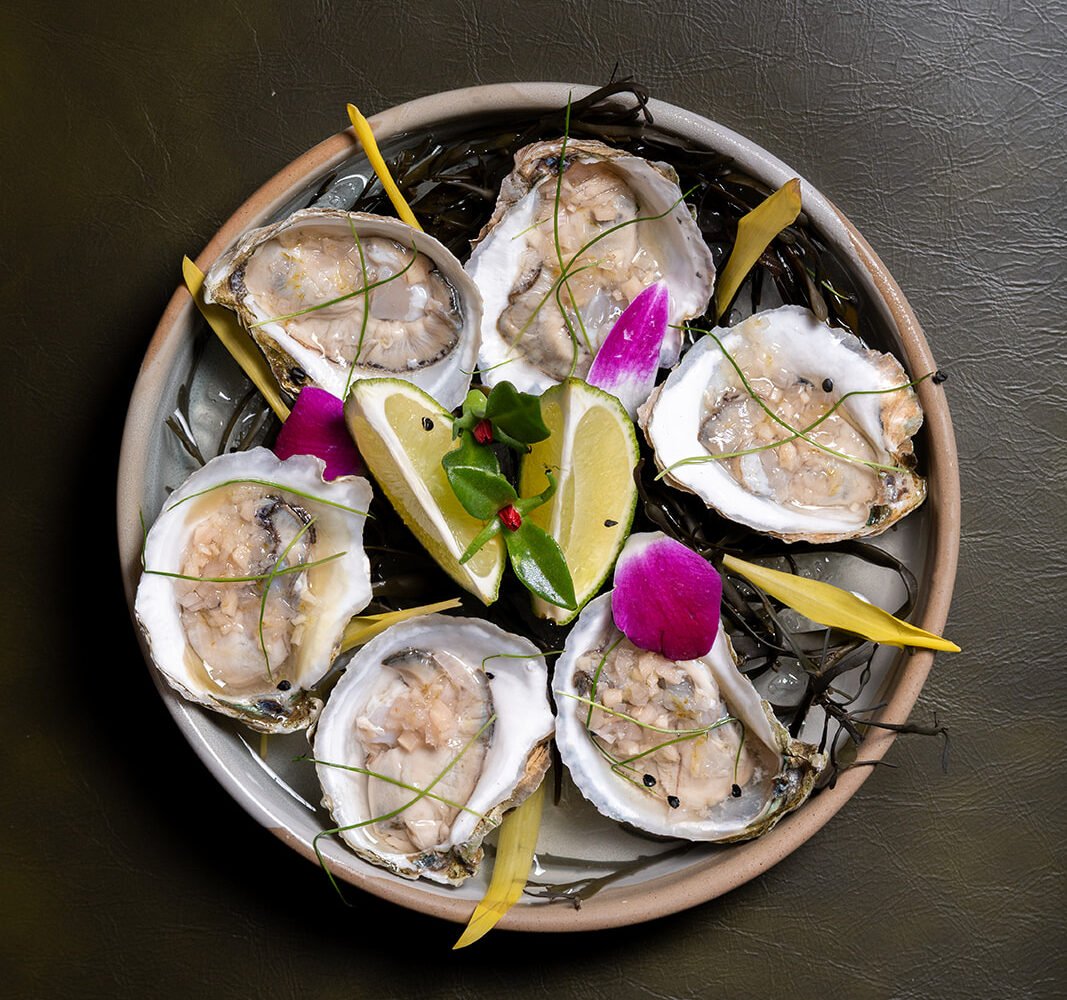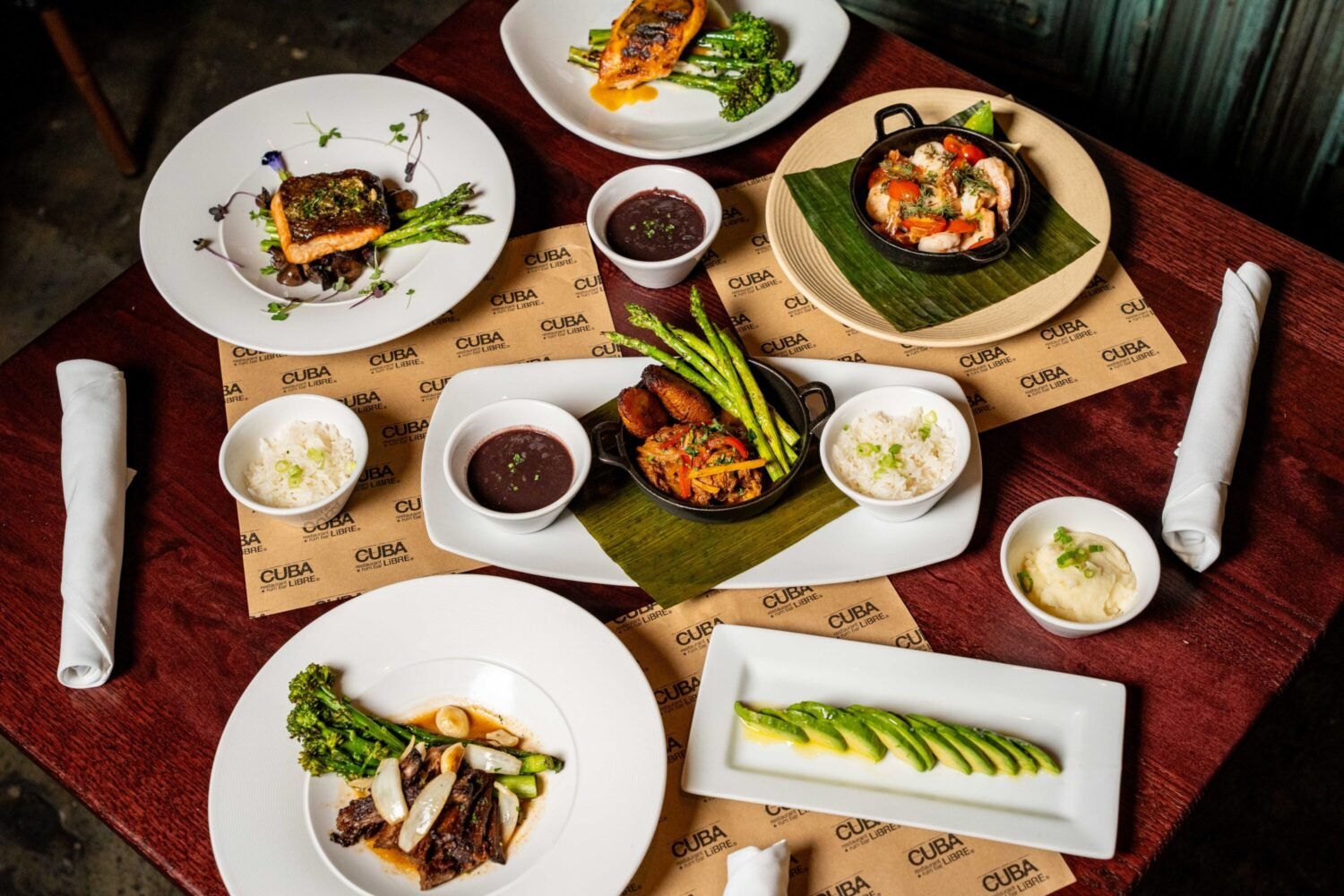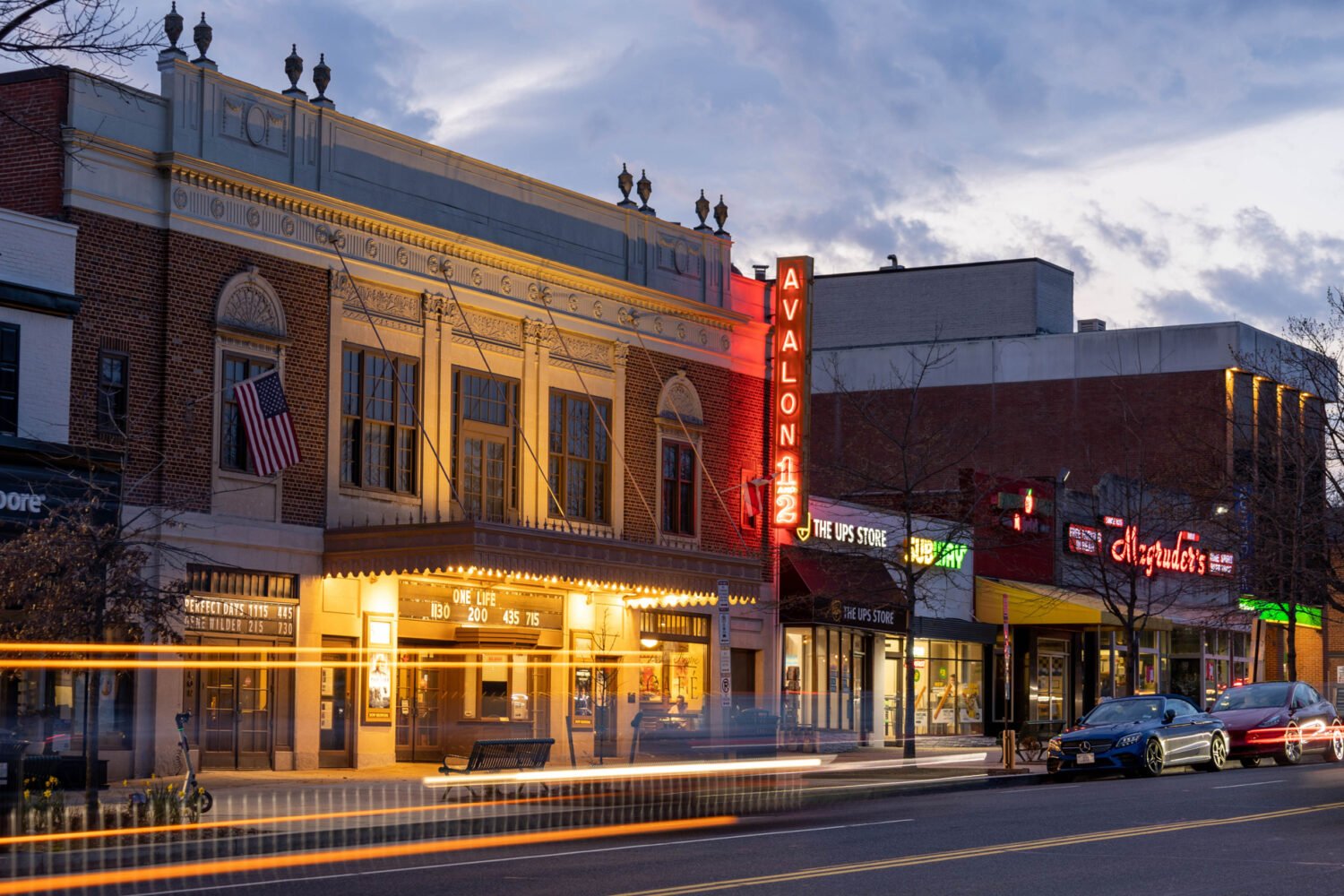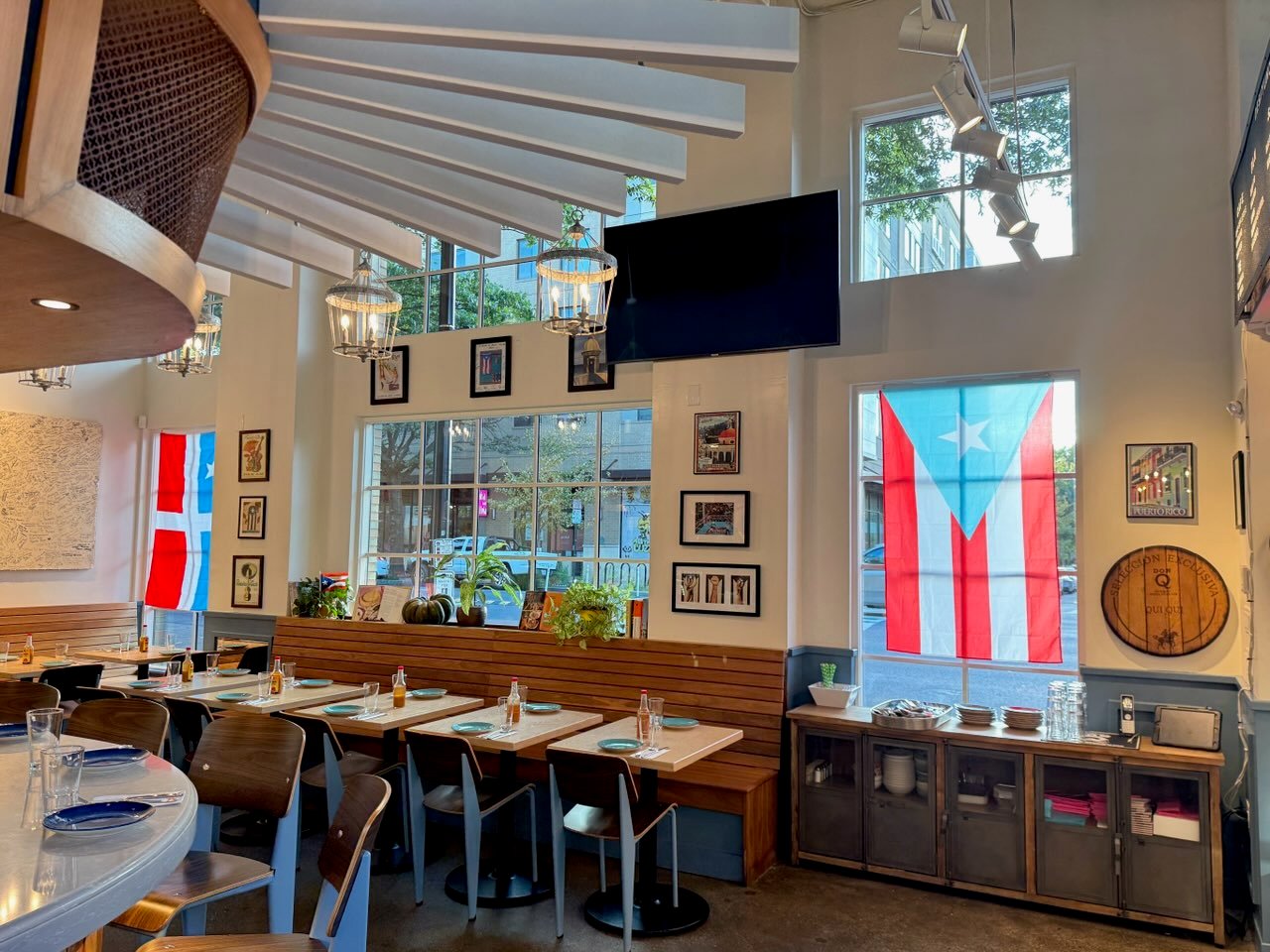Harvey’s Market is no longer selling foie gras after Animal Outlook sued the Union Market butcher over allegedly misleading advertising last fall. The DC Coalition Against Foie Gras says only one other DC retailer now stocks the ingredient: La Jambe, also in Union Market. The animal welfare groups also chart between 16 and 20 local restaurants still listing foie gras on their menus. (This number increases in the winter, as the dish comes into popularity.)
Foie gras is typically produced by force-feeding ducks or geese to engorge the birds’ livers up to ten times their natural size, often inducing organ failure and leaving the fowl panting and immobile, according to the lawsuit. “It’s one of the most barbaric practices within animal farming, which is saying a lot,” says Ben Williamson, the executive director of Animal Outlook. A less common production method allows the birds to double their body weight naturally while preparing for migration, then slaughtering them before they take flight.
Harvey’s Market labeled its glass display case—which included foie gras and other meats—with the words “humanely raised” and “free range.” But the lawsuit alleges that the market sourced its liver from ducks that were force-fed and kept inside. (Harvey’s Market did not respond to multiple requests for comment.) According to the lawsuit, a sticker on the butcher’s display case said the foie gras came from Hudson Valley. Legal Impact for Chickens, which represented Animal Outlook, says that there are only two commercial foie gras producers in Hudson Valley, and both allegedly force-feed their ducks and keep them indoors.
Last summer, Animal Outlook sent a letter to Harvey’s Market asking it to alter its labeling. After the butcher responded that it didn’t plan to change anything, Animal Outlook sued, saying reasonable consumers might believe the “humane” claim applied to everything in the case, including foie gras. The market—which changed ownership in April—said in a court filing that it discontinued selling foie gras as soon as it received notice of the lawsuit, but it denied the allegations against it. The previous management agreed to a final settlement in June, and the new owners have not brought it back.
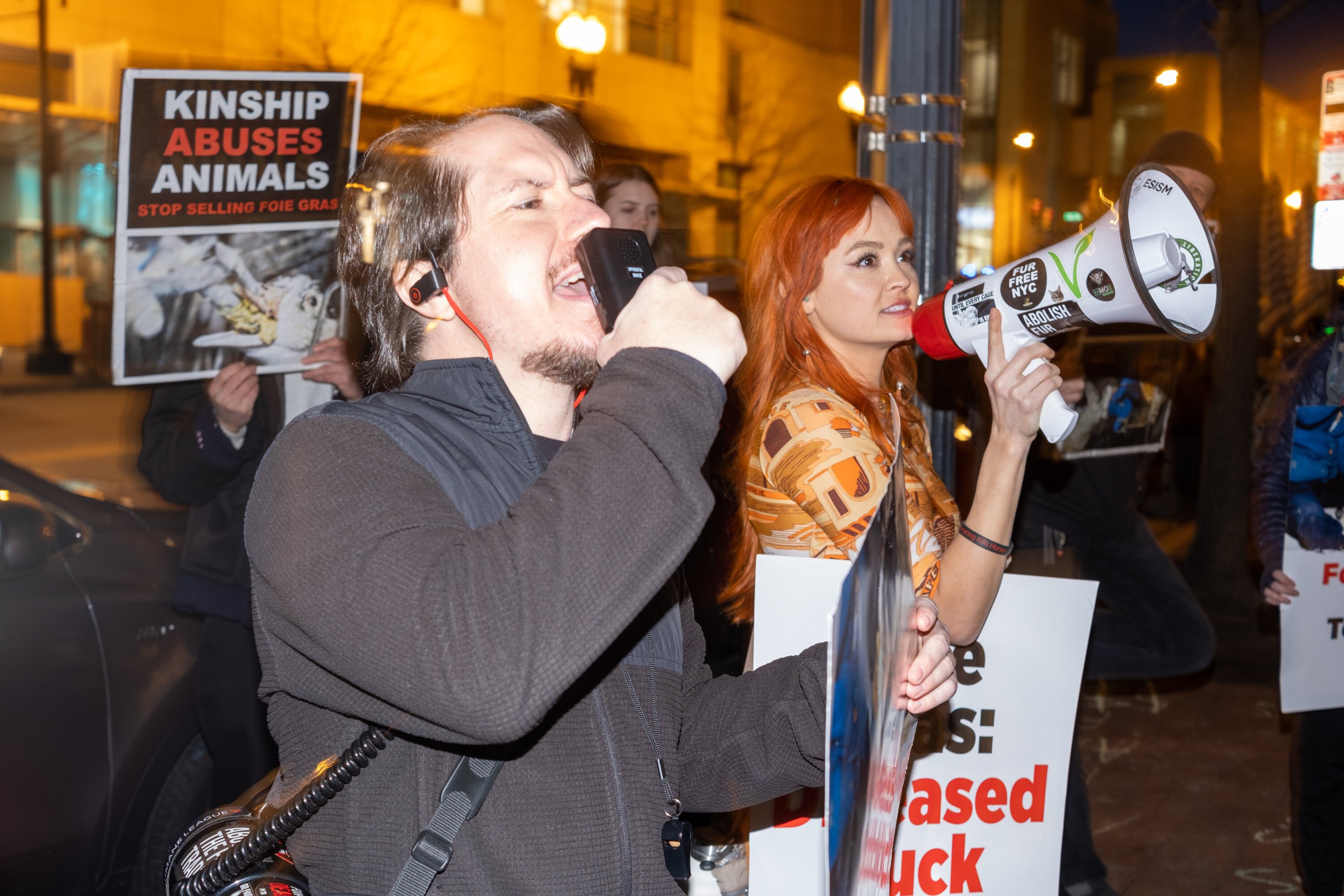
DC Coalition Against Foie Gras claims to have successfully pressured 22 restaurants to remove foie gras dishes from their menus. These campaigns have lasted between a few hours and almost a year. During a protest at the Omni Shoreham Hotel in April, activists interrupted a wedding service with megaphone-blasted chants like: “Don’t force your greed down animals’ throats” and “Force-fed ducks: foie gras sucks.” The campaign is ongoing.
DC Coalition Against Foie Gras says it first targeted restaurants it thought would come around more easily based on how they messaged their values as businesses. Last summer, the group emailed Cyrille Brenac, who co-owns La Piquette and Bistrot Lepic, asking him to discuss adopting a foie gras-free policy. When he didn’t respond, they followed up with threats to protest in front of the restaurant.
“I want to punch them in the face—no, I don’t want to do that—but who’s to say that somebody else can come in and say, ‘You cannot serve this anymore?,” says Brenac, whose grandparents used to produce foie gras on their farm in southern France. Brenac removed foie gras from his menus out of fear that protests would disturb his customers.
Meanwhile, Sylvain Frances, the general manager of Et Violà in the Palisades, says his business is struggling with high prices. The risk of protesters yelling that he doesn’t care about customers or geese adds to this burden and is especially damaging for small establishments. He says the restaurant removed the dish from its menu because it had gotten too expensive, not as a result of the campaign by DC Coalition Against Foie Gras.
DC Coalition Against Foie Gras says it is now homing in on potentially more stubborn targets, but they declined to say who.
DC is often a test site for national advocacy groups to try out suits like the one Animal Outlook brought against Harvey’s Market, says Williamson of Animal Outlook. The District’s Consumer Protection Procedures Act allows plaintiffs to sue companies for “unfair or deceptive trade practice[s]” without having to prove specific harm. But that doesn’t protect protesters from backlash; The owner of Kinship and Métier sued members of the DC Coalition Against Foie Gras for stalking during their first campaign against his contemporary French restaurants. The DC Superior Court dismissed the case.

